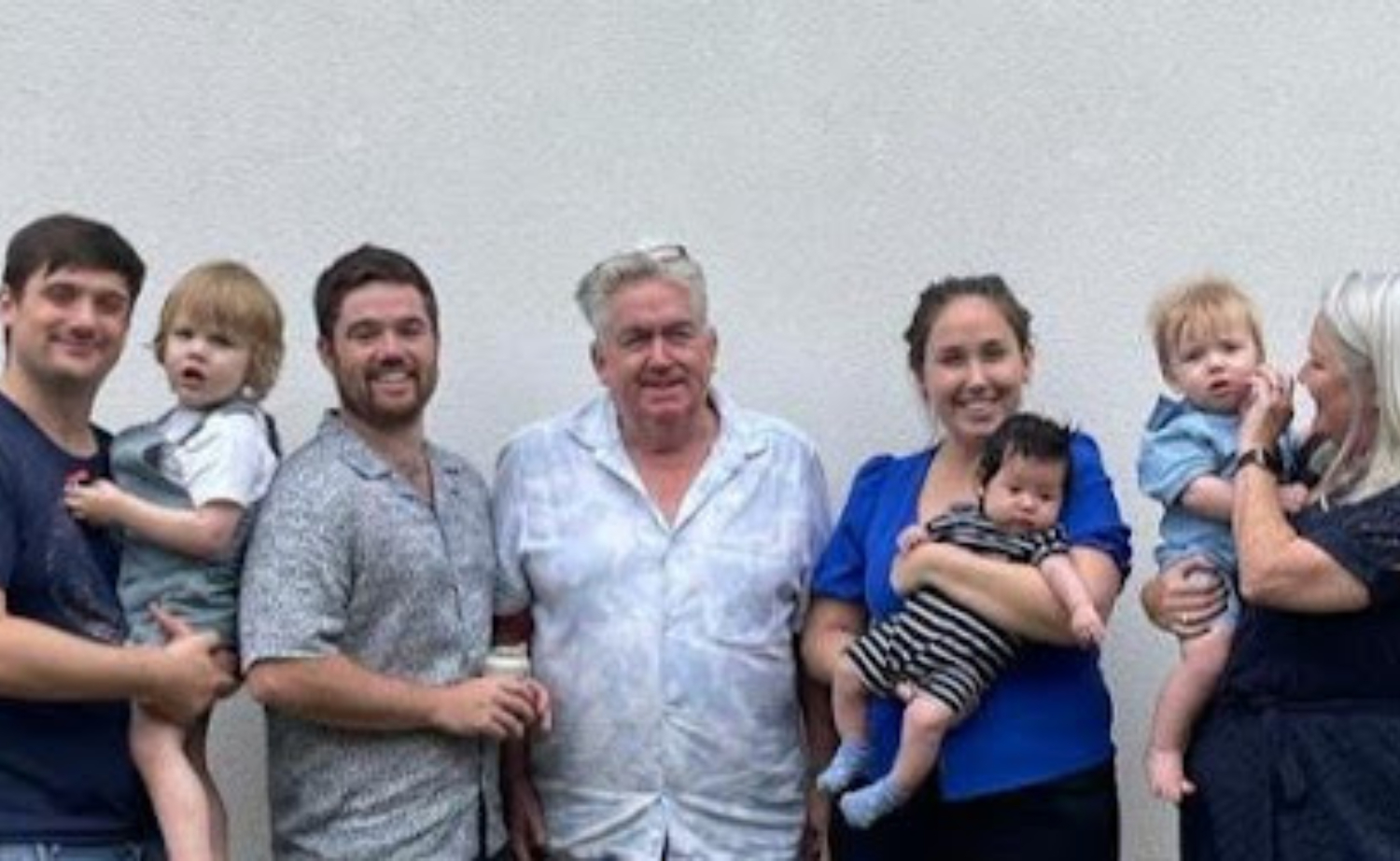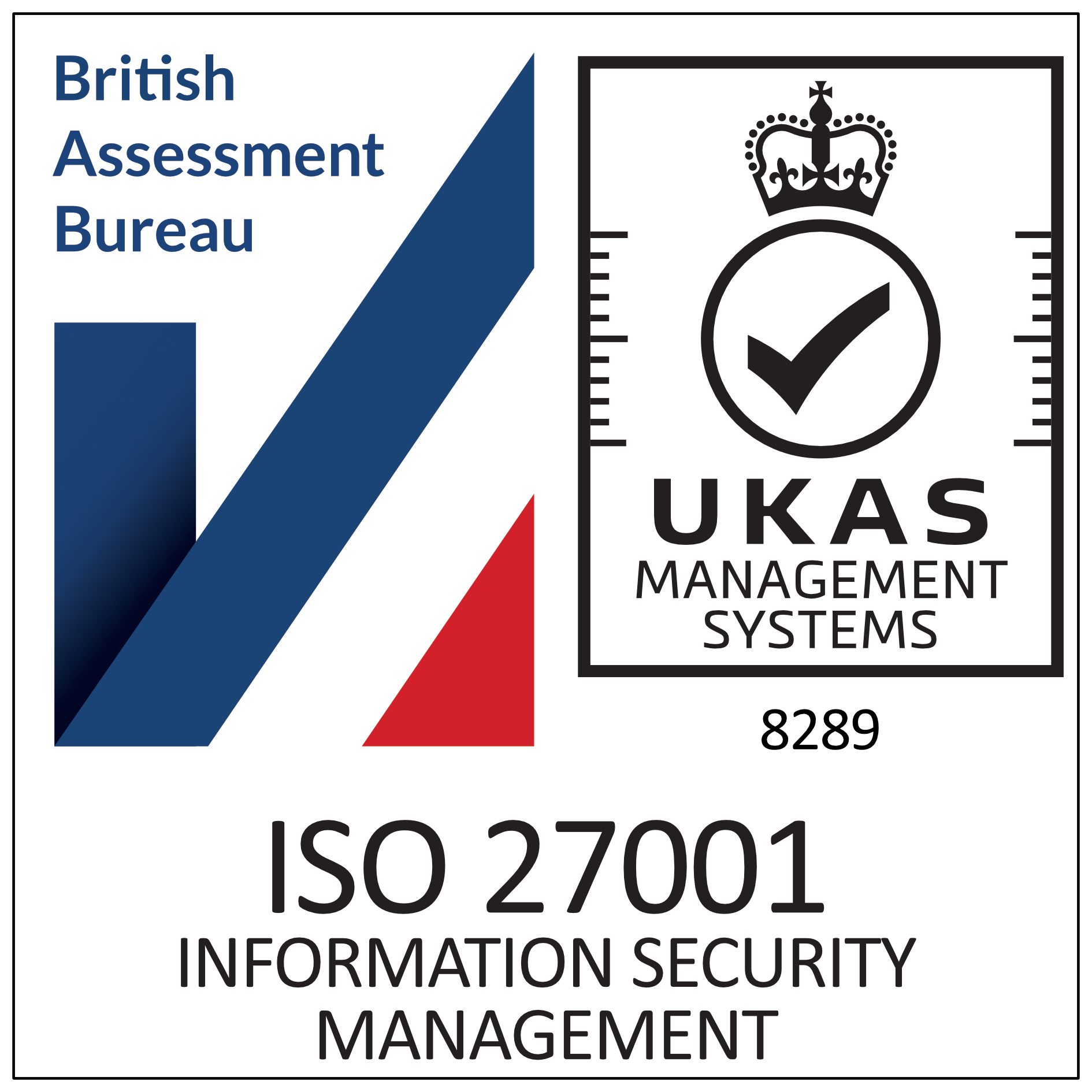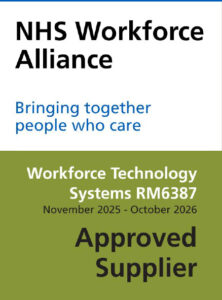Appraisal and Revalidation for All
Appraisal and Revalidation for All

Bloodlust
Behold my grandchildren. My first meetings with them were overwhelming; I cried like a baby on each occasion. I hadn’t expected to be so overtaken by being a grandparent. It’s like some ancient evolutionary trigger has been pulled in my hindbrain that renders me ready to kill or die for them. Perhaps it is my advancing years and intimations of my own mortality that make me feel such a powerful attachment to someone I have just met. They are my future. Or maybe they’re just unbelievably cute. I might be biased.
Maybe that’s why I felt, an unusual for me, Daily Mail brand of rage about the recent scandal of serial killer and nurse, Lucy Letby. As a psychiatrist with nearly 40 years experience, ‘Hanging is too good for ‘em’ isn’t my normal response to serial killers, but there it was bubbling up into my consciousness. I can’t begin to imagine how the families of Letby’s victims are coping. I’ve avoided putting pen to paper in the immediate aftermath of the case in order to manage my grandfatherly bloodlust.
Patient Safety
My interest in health IT has never been about computers. It’s always been about patient safety. Older readers may recall my longstanding interest in the value of assessing the culture of organisations where a disaster happens as a consequence of a toxic managerial culture and the value of the Zone of Uncomfortable debate. The ability of an organisation to discuss uncomfortable subjects is directly related to patient safety and maybe the calls to regulate managers who fail to produce a healthy culture are justified. But leaving aside the understandable desire for heads to roll, would that stop a future Letby? I doubt it.
Three Options
Firstly, looking at it as dispassionately as possible, what do we do? I’ve previously considered covert surveillance as a patient safety tool, but for psychopaths like Letby, even a body-worn camera can be switched off. Besides, who would review all that footage and what would it cost? And here’s an uncomfortable thought for such an emotive subject, how much is a cash-strapped NHS willing to spend on an incredibly rare occurrence like Letby, Shipman or Allitt?
Secondly, and just as uncomfortably, do we hold up our hands and file ‘NHS serial killer healthcare staff’ under ‘stuff happens’ and do nothing? This is unacceptable to the hindbrain of my inner Grandpa.
That leaves us with the third option, i.e. what doctors have to do post-Shipman – appraisal and revalidation. I’ve heard it said that Harold Shipman would ‘sail through the appraisal and revalidation’. Would he really though? Would he have been given pause for thought by having to sit down once a year and explain his SUIs to his appraiser. I think he would. Even just the idea that you are under scrutiny is good for the soul and makes playing God slightly more difficult. The idea that only doctors require appraisal and revalidation was a fallacy from the start. Done properly, appraisal and revalidation is good for the organisation, the appraiser and the appraisee, but in future it should be for all. Doctors, nurses, managers, everyone, every year and with proper oversight within organisations including multisource feedback.
The least we can do.
Nobody said it better than Don Berwick 10 years ago after MidStaffs: “We need to invest in the constant improvement of staff and systems and that means systemic, well organised appraisal for all.”
As he said “as a total community we need to take action.”
Action starts now with SARD. Follow us on LinkedIn for more insights and updates.
Prof Joe McDonald, Medical Director
Related Articles:
Recent Articles

Registered address
SARD JV Limited
Unit 76, Innovation Centre
University Road, Canterbury
CT2 7FG



A joint venture with Oxleas NHS Foundation Trust.
Registered in England and Wales with company number 07916735. VAT No. 131901840
Designed and built By Tweak Marketing
Privacy Policy



